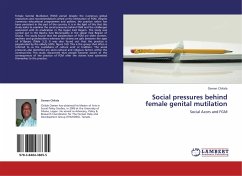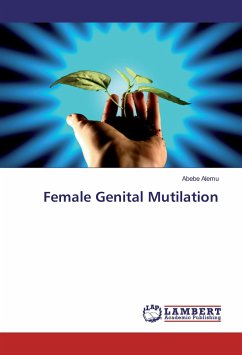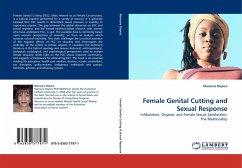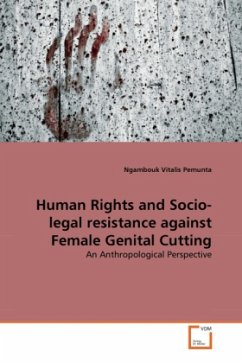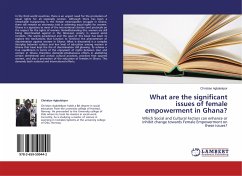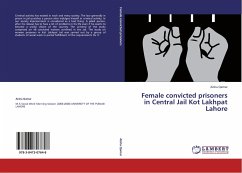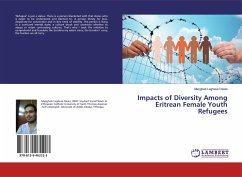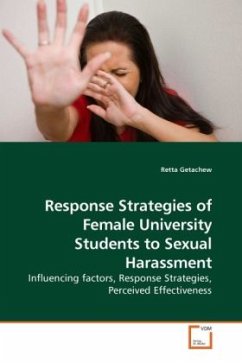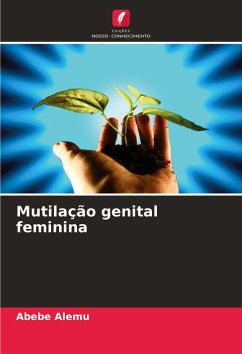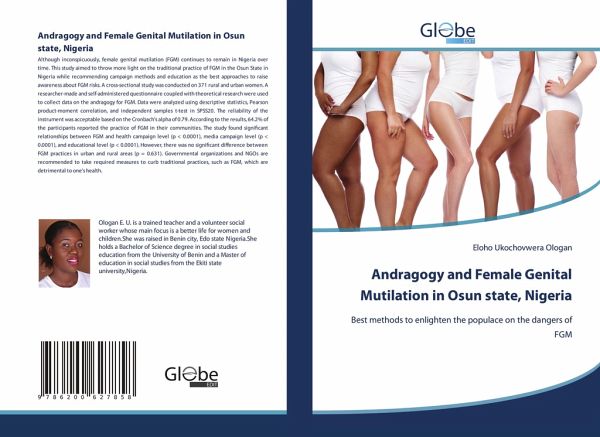
Andragogy and Female Genital Mutilation in Osun state, Nigeria
Best methods to enlighten the populace on the dangers of FGM
Versandkostenfrei!
Versandfertig in 6-10 Tagen
33,99 €
inkl. MwSt.

PAYBACK Punkte
17 °P sammeln!
Although inconspicuously, female genital mutilation (FGM) continues to remain in Nigeria over time. This study aimed to throw more light on the traditional practice of FGM in the Osun State in Nigeria while recommending campaign methods and education as the best approaches to raise awareness about FGM risks. A cross-sectional study was conducted on 371 rural and urban women. A researcher-made and self-administered questionnaire coupled with theoretical research were used to collect data on the andragogy for FGM. Data were analyzed using descriptive statistics, Pearson product-moment correlatio...
Although inconspicuously, female genital mutilation (FGM) continues to remain in Nigeria over time. This study aimed to throw more light on the traditional practice of FGM in the Osun State in Nigeria while recommending campaign methods and education as the best approaches to raise awareness about FGM risks. A cross-sectional study was conducted on 371 rural and urban women. A researcher-made and self-administered questionnaire coupled with theoretical research were used to collect data on the andragogy for FGM. Data were analyzed using descriptive statistics, Pearson product-moment correlation, and independent samples t-test in SPSS20. The reliability of the instrument was acceptable based on the Cronbach's alpha of 0.79. According to the results, 64.2% of the participants reported the practice of FGM in their communities. The study found significant relationships between FGM and health campaign level (p < 0.0001), media campaign level (p < 0.0001), and educational level (p < 0.0001). However, there was no significant difference between FGM practices in urban and rural areas (p = 0.631). Governmental organizations and NGOs are recommended to take required measures to curb traditional practices, such as FGM, which are detrimental to one's health.



